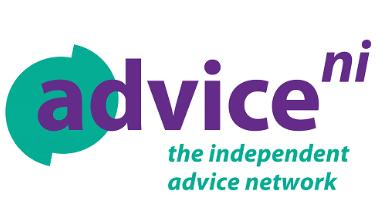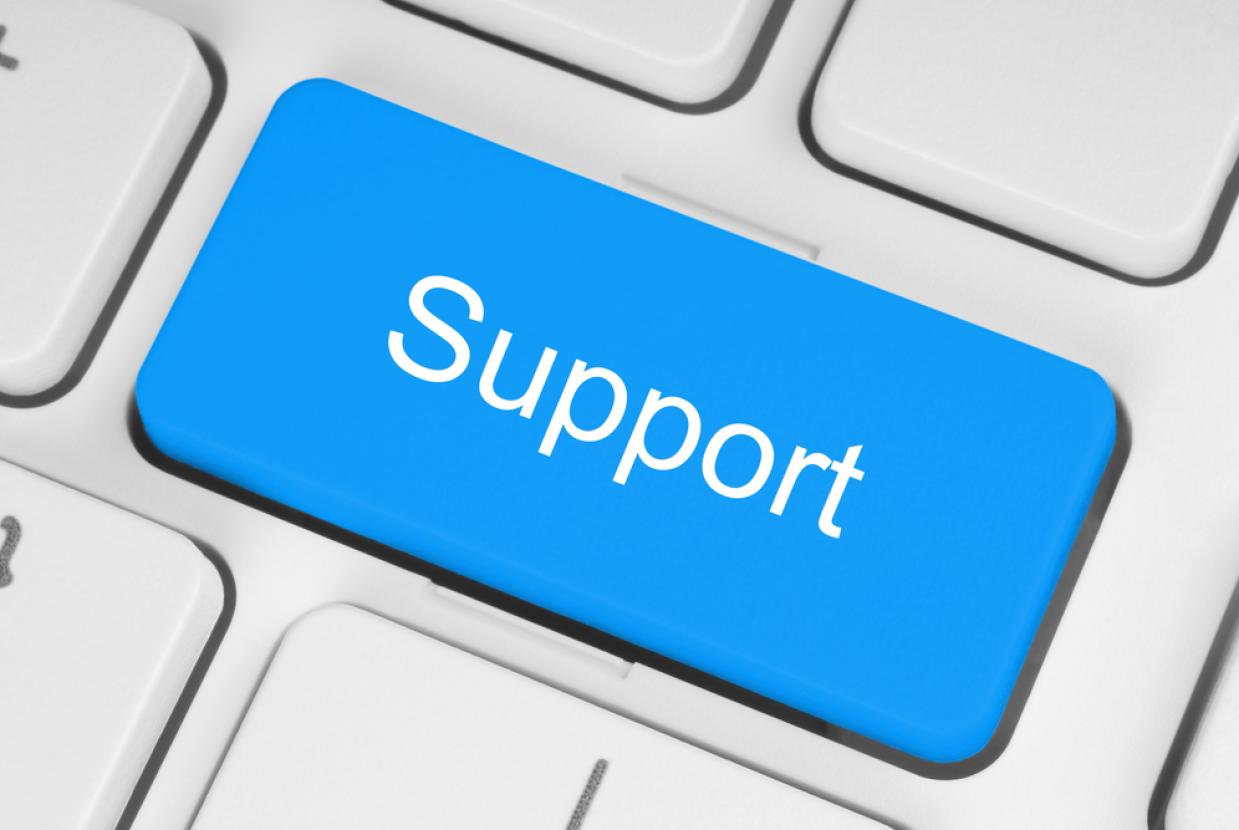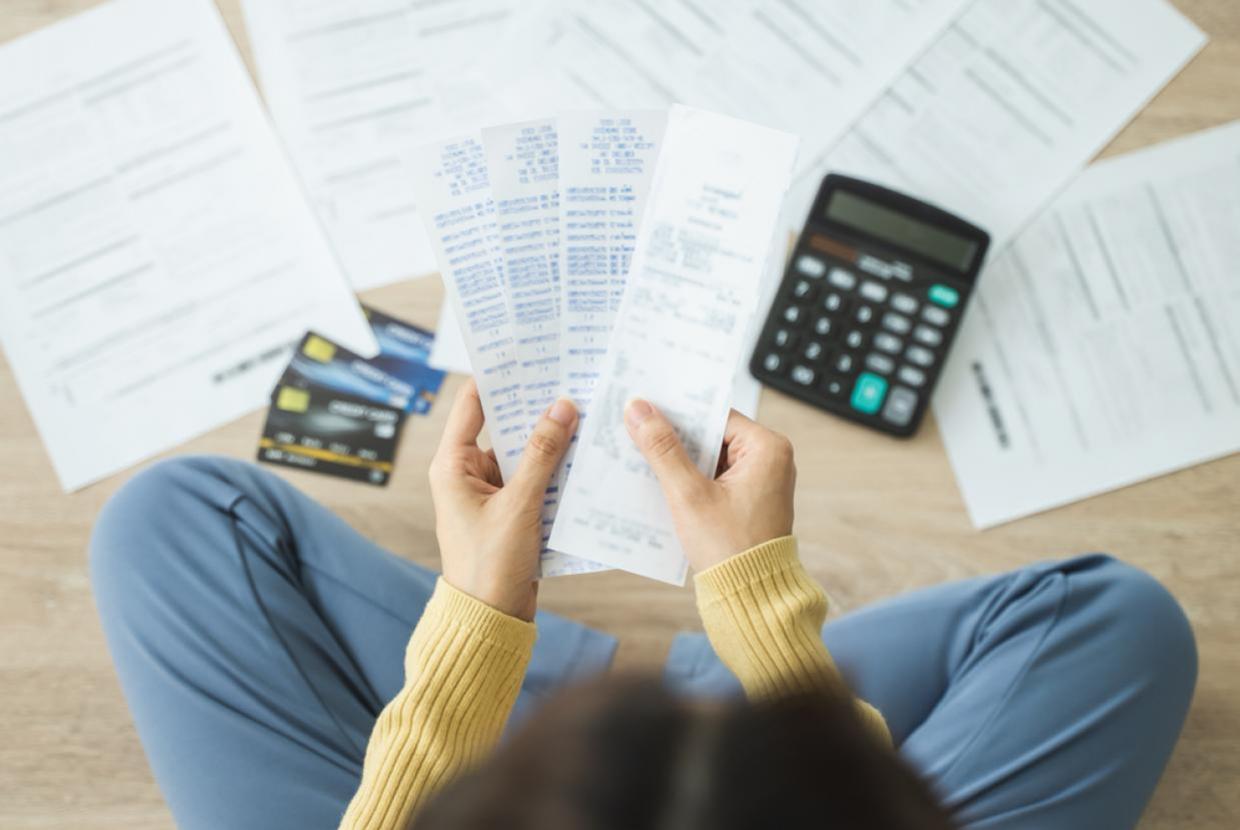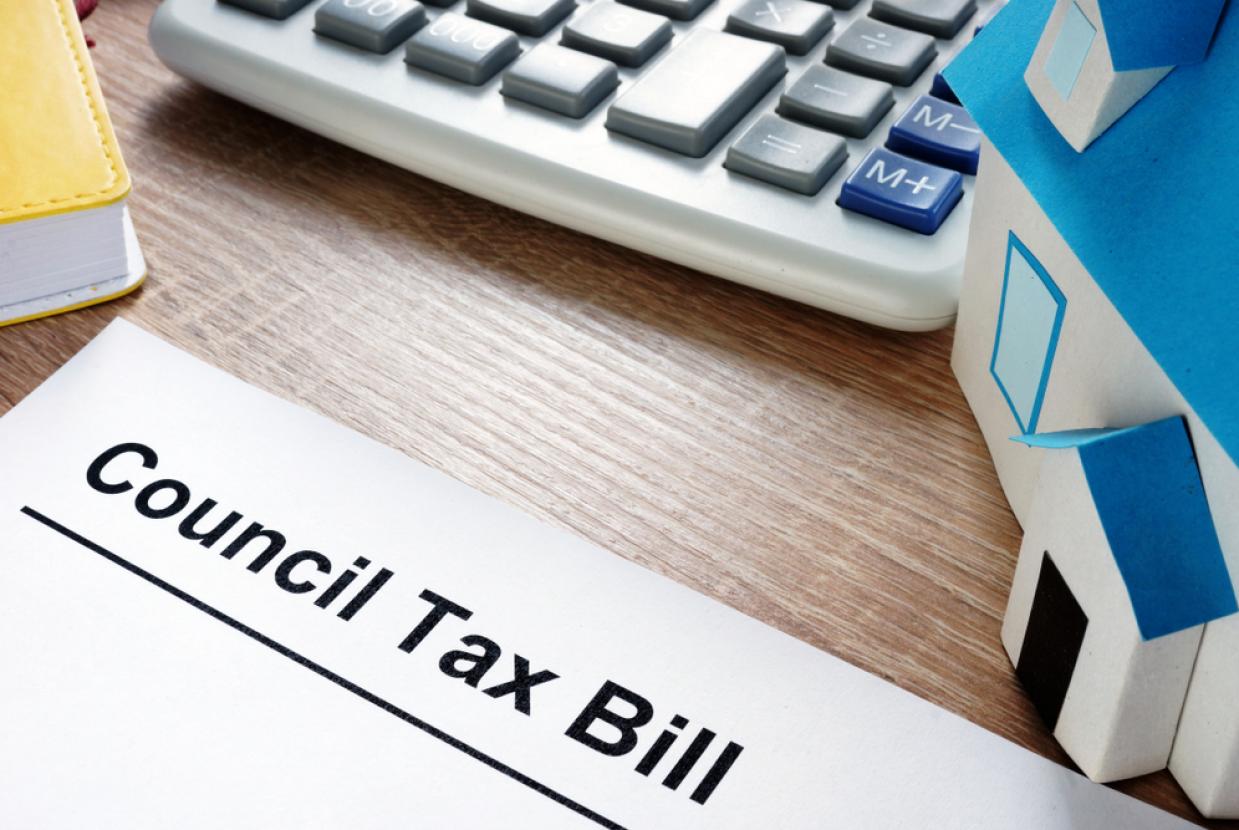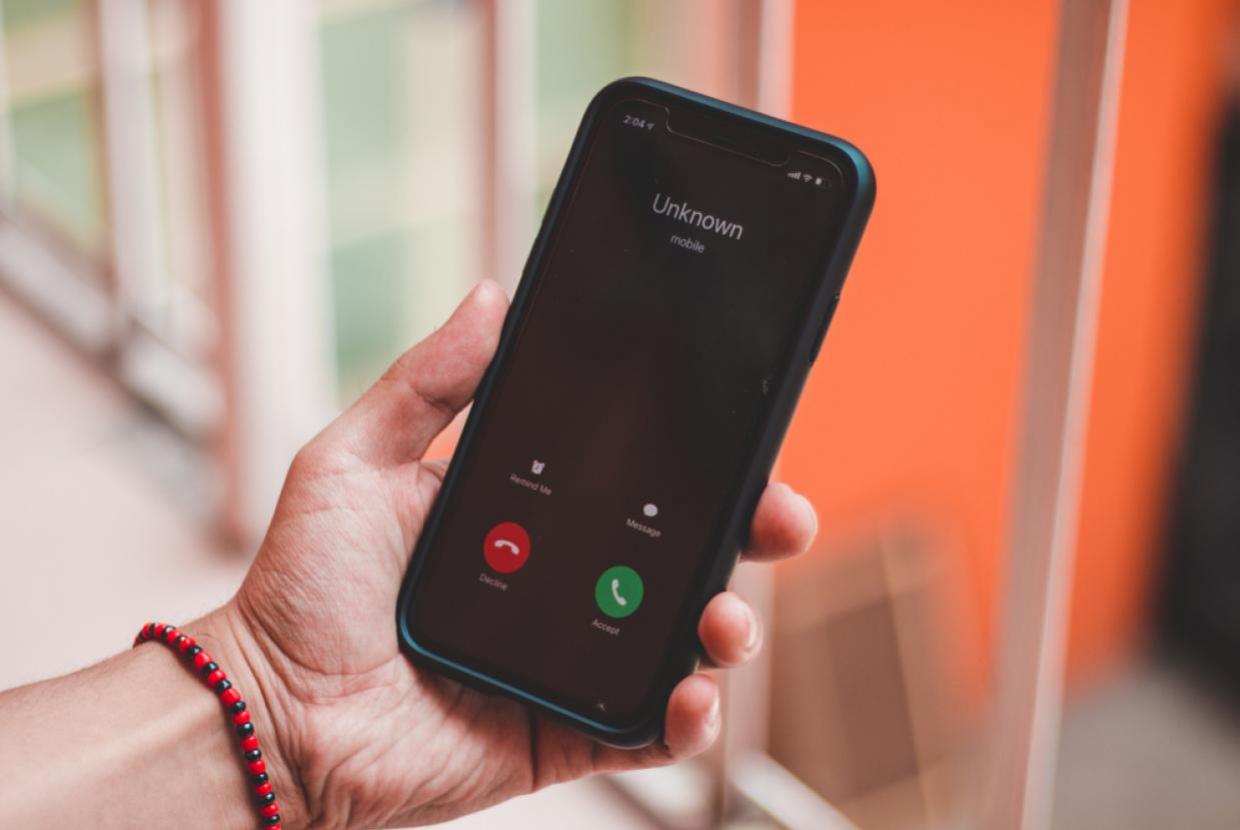Options for Dealing with Debt
This factsheet gives an overview of how each option works and how it could affect you if you decide to choose one of these options. For further details on each option, visit the specific factsheet.
Before you decide on any debt options, Advice NI recommends speaking to a qualified debt adviser to discuss all of the paths open to you. You can contact the free and confidential Advice NI debt helpline on 0800 915 4604 – lines are open Monday to Friday, 9am – 5pm
1) Debt options available
Each debt option will apply to most kinds of debt - exceptions are student loans, court fines, maintenance arrears, child support arrears or debts built up through fraud. Details of each option can be recorded on your credit file for up to six years and may result in difficulty in obtaining future credit. If you and your creditor agree to one of these options, creditor contact will stop, except for documentation the creditor must send you as defined in the consumer credit act 1974.
Certain options, such as bankruptcy or a Debt Relief Order could affect current and future employment, mainly if you work in a financial environment or in a public office such as the Civil Service. Details of your debt arrangement may be recorded on the Personal Insolvency Register which is open to the public.
2) Bankruptcy
Bankruptcy is a legal, court-based process and is a form of insolvency available to those resident in Northern Ireland. It’s generally a good option when you have limited assets and rent your home. You can petition for your own bankruptcy or a creditor can make you involuntarily bankrupt if you owe them £5,000 or more.
You must be able to prove to the court that you are unable to pay your debts as they fall due and that your situation is unlikely to improve in the future. You must also be in a position to pay the bankruptcy fees when applying.
Most people are discharged from their debts after one year but details of the bankruptcy will appear on your credit file from the date of the bankruptcy order. All assets including house, land, car and savings can be claimed in the bankruptcy and you will likely have to open a new bank account as your current one will be frozen. If you have surplus income you are expected to pay this into your bankruptcy for up to three years.
3) Debt Relief Order (DRO)
A Debt Relief Order is a formal agreement made between an individual and their creditors. It is legally binding and stops creditors from taking further action against you to recover the debt. Your debts will be written off after one year (if you meet the criteria for the full 12 month period) giving you a fresh start. You can only apply for a DRO through an intermediary who is an approved debt adviser and has the required level of training and experience to advise you.
For a Debt Relief Order to be an option for you, your debts must total less that £50,000 and you must not own any property or land. Your vehicle must be worth less than £4,000 and all other assets you possess must also not exceed. £2,000. This option only applies to Northern Ireland residents with less than £75 a month surplus income.
4) Individual Voluntary Arrangement (IVA)
An Individual Voluntary Arrangement is a legally binding agreement between you and your creditors. This agreement allows you to repay what you can afford towards your debts. Any remaining debt will be written off by your creditors when the arrangement has completed.
An IVA can be set up in several different ways. It can be a monthly instalment plan based on your surplus income over a fixed term (normally five years). Alternatively, you can propose a short-term arrangement if you have an asset that can be sold, or a third-party has a lump sum to offer your creditors, on your behalf. An IVA can also be a mixture of both instalments and a lump sum.
There is no maximum amount of debt required to enter into an IVA but it is not advised if your debts total less than £8,000. Typically if you enter in to an UVA you will not have to sell your home but you may be required to attempt to release equity from it during the term.
You will have to maintain monthly repayments into your IVA from your surplus income, typically for five years. If you have limited surplus income you could propose a one off lump sum IVA which would be in full and final settlement of the debt.
5) Debt Management Plan (DMP)
A Debt Management Plan is an informal agreement made between you and your creditors where you agree to repay your debts at a reduced amount affordable to you. A DMP can be set up through a debt management company to pay back debt through one affordable monthly payment. The payment is then divided proportionally among your creditors based on the size of debt held with each. This means creditors will get a proportional share of the payment based on how much they are owed.
There is no minimum or maximum amount of debt to apply for a DMP. However, you must have a monthly surplus income to offer your creditors and it is not generally a recommended option if you cannot repay your debts within 10 years.
You will have to maintain monthly repayments into your DMP from your surplus income until your debts are cleared in full, or until your situation improves enough to allow you to repay your full contractual repayments again.
6) Informal Arrangement
An informal arrangement with your creditors means you offer repayments based on a proportionate distribution of your surplus monthly income. You can also ask for all interest and charges to be frozen on your accounts. There is no minimum or maximum amount to offer an informal arrangement to your creditors. However, it is normally not the best option to deal with your debts if you want a long term solution.
This option is normally used for commercial credit debts, such as unsecured personal loans, credit cards, store cards, payday loans and overdrafts. There is no maximum or minimum time limit for an informal arrangement to last; it will be based on the offer you make to your creditors alongside the level of your debts. However, creditors do not legally have to stop interest and charges during an informal arrangement so your level of debt may not reduce at all over this period.
You will have to maintain monthly repayments for your informal arrangement from your surplus income until your debts are cleared in full, or until your situation improves enough to allow you to repay your full contractual repayments again.
7) Debt Write-off
It can be difficult to persuade a creditor to agree to a debt write-off but in some situations creditors realise that they may have little chance of ever recovering the debt owed. You will have to show the creditor that it is within their interests to write-off the debt as your circumstances mean you cannot afford to repay the debt and that your situation is unlikely to change in the long term.
You can make a request for a debt write-off to any creditor except in the case of student loans, court fines, maintenance arrears, child support arrears, debts built up through fraud, debts arising from a personal injury claim or crisis loans. Your debt would be cleared immediately if a creditor agreed to a write-off.
8) Full and Final Settlement Offer
If you have access to a lump sum or can sell an asset to raise funds, you could offer these funds to your creditors as part repayment of your debts as a full and final settlement.
9) Debt Consolidation and Consolidation Loans
This debt option would involve you obtaining further credit in order to clear your existing debts and consolidate the repayments into one monthly amount, potentially repaying your debts over a longer timescale to make the repayments more affordable. It is vital you shop around for the best deal. If you are viewed as a high risk customer, you could be charged a high level of interest. Note that as you will be paying your debt over a longer period and as you may be adding interest costs to a debt where interest has already been applied, this option will cost you more.
If debt consolidation is one of the options you are considering, then you should contact an independent financial adviser to give you advice on the different loan products available to you. Our debt advisers are not financial advisers and cannot offer guidance for your options in this area.
10) Equity Release
This option involves releasing equity from your property in order to clear your existing debts and will most likely involve mortgaging your house. It is vital to get independent financial and legal advice before you proceed so that you are fully aware of the advantages and disadvantages of equity release as our debt advisers can’t provide this kind of advice.
11) Pension Release
This debt option would involve you accessing funds from your pension pot in order to clear your existing debts and there are a number of different ways you can do this. It is very important you get independent financial advice on your pension before you proceed so that you are fully aware of the advantages and disadvantages of pension release. For more information you should consult an independent financial adviser or visit the Pension Wise website at www.pensionwise.gov.uk or by calling 0800 138 3944. Pension Wise is a free advice service run by the government.



